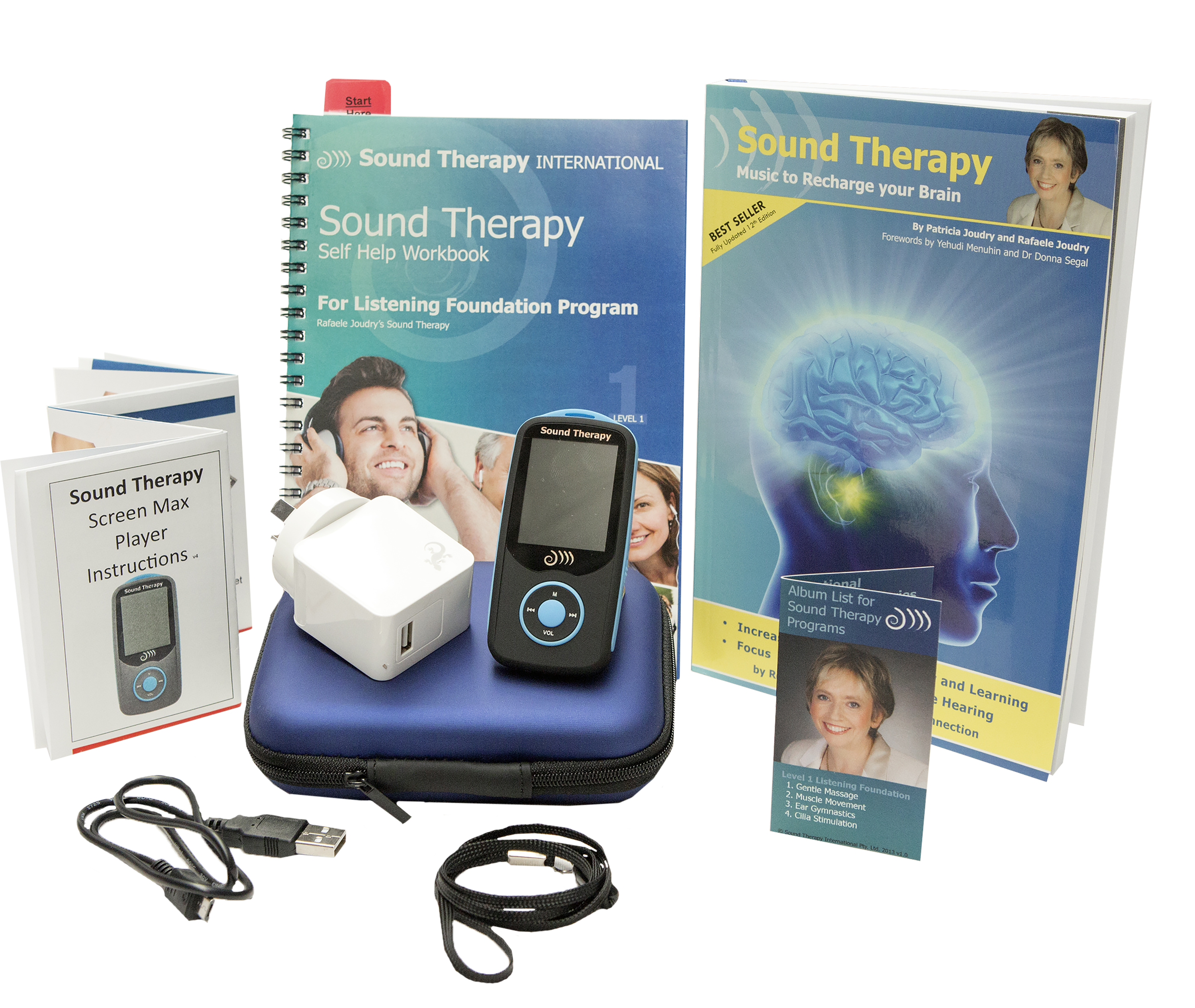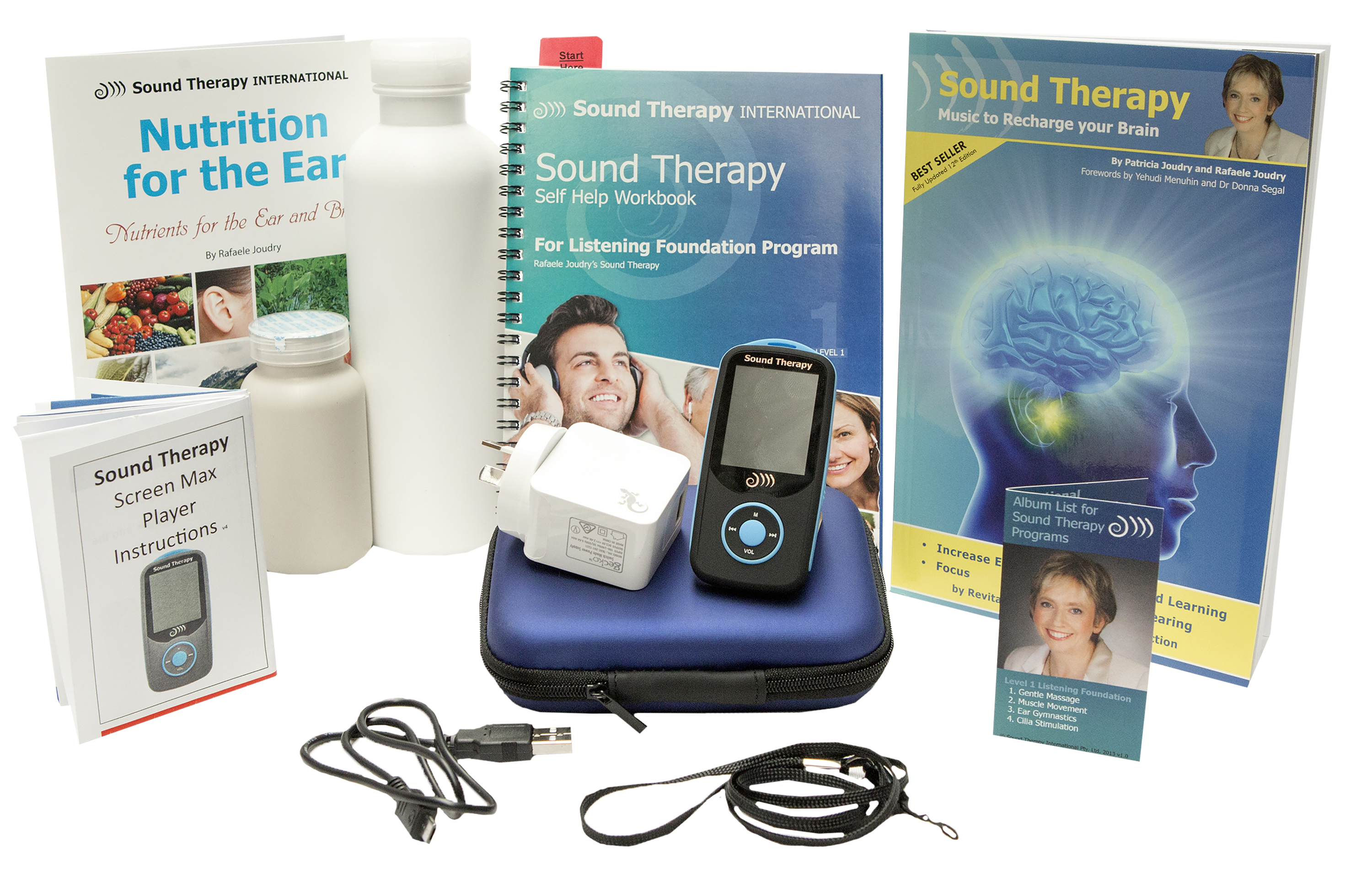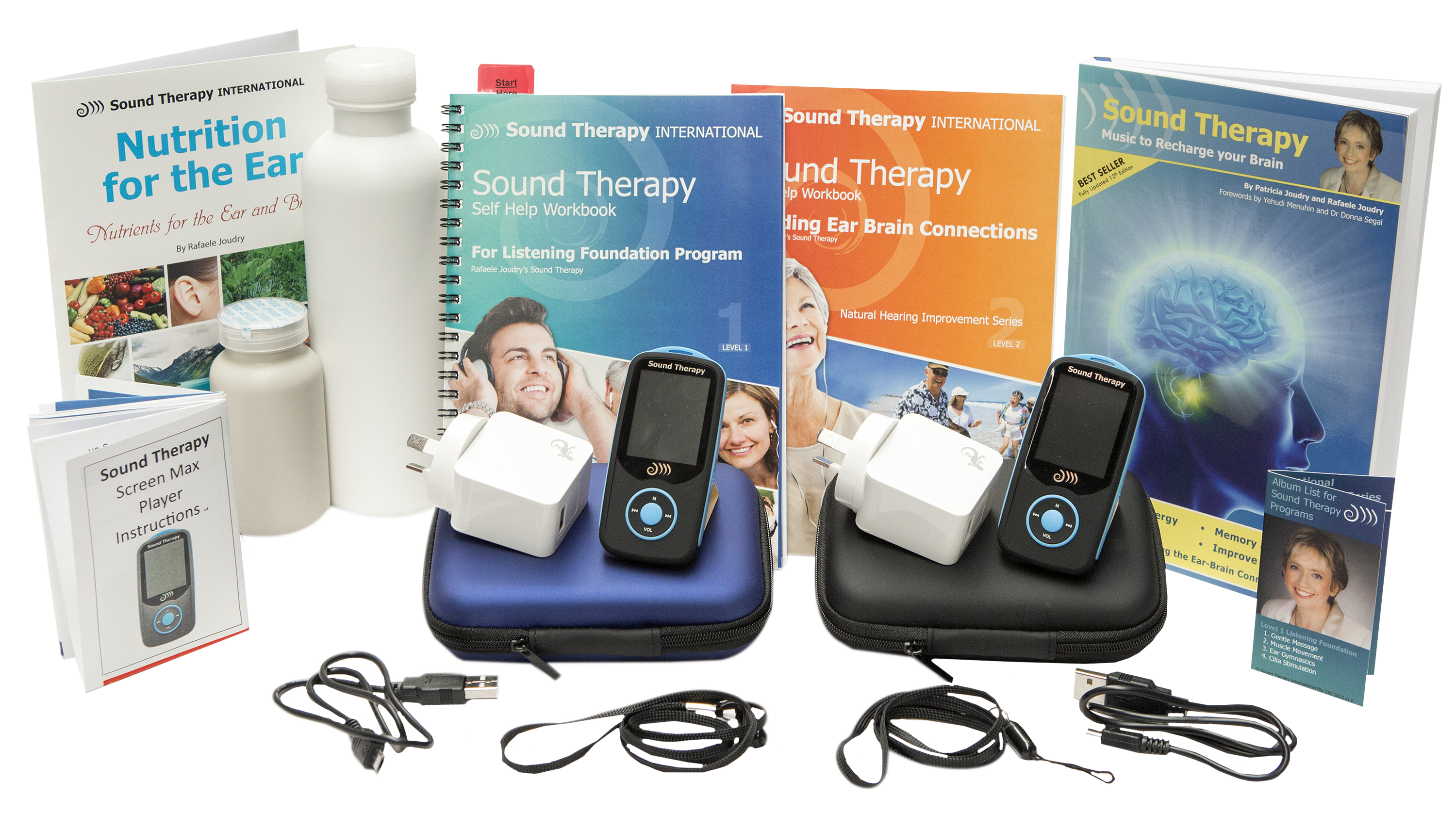A drug free method to normalise concentration and behaviour


Recognising ADHD is usually a gradual process for the parents. First the behaviour is put down to the ‘terrible two’s’, but when they turn into the ‘terrible three’s’ and ‘terrible four’s’ and ‘terrible five’s’, parents realise something is definitely amiss.
On the other hand, sometimes parents of hyperactive children do not realise their child is hyperactive, yet it is patently obvious to outsiders who are not used to being exposed to such a whirlwind of activity. If several outsiders have commented, it may be wise to look into getting helpfor your child.
ADHD, which includes the former definition of ADD, is believed to be a disorder of the brain’s neurotransmitter chemicals, noradrenaline and dopamine. Some research has begun to identify possible areas of the brain which may be involved. The greatest reduction in brain metabolism is in areas believed to be important in the control of motor activity, attention, and the inhibition of inappropriate responses. i
However, the only way of diagnosing the condition is by assessing the child on a number of behavioural standards. These behaviours relate to the ability of the child to focus attention and to use judgement and inhibition.
Prior to your child receiving a diagnosis, you may find that many professionals will try to reassure you by saying things like: ‘Don’t worry, he’ll grow out of it.’
ADD/ ADHD traits |
|
|
Patients are encouraged to listen to the music for at least three hours a day for a total of 300 hours.
"But I'd like to stress that it doesn't take any time out of a person's day because you can have it on during just about any activity," says Joudry.
"You can concentrate on other things. It is very, very low volume. You can hear and you can have conversations with it on. You can be physically active because it is a a portable player that you can carry around with you."
And the results?
Joudry claims success not only in tinnitus cases, but also with improvements in some forms of hearing loss, delivering improved energy and better sleep.
Clinical trials haven't been conducted on the therapy, but a survey the company conducted among its clients found that 84 per cent of tinnitus sufferers "got some benefit from it," she says.
For those suffering hearing loss 56 per cent reported some benefit. Meanwhile, 98 per cent enjoyed less stress and better sleep and energy levels.
Gibson says he has referred patients to Sound Therapy and has found it "one of the effective treatments".
The cause of ADHD today is largely attributed to genetics. But more and more evidence is now pointing to biochemical causes related to our increasingly toxic environment. Some cases of ADHD have responded well to dietary change, allergy treatment and supplementation. Some respond well to Sound Therapy. Some are controlled by prescription drugs. Some doctors trace the cause to the inner ear system and its corresponding brain pathways.
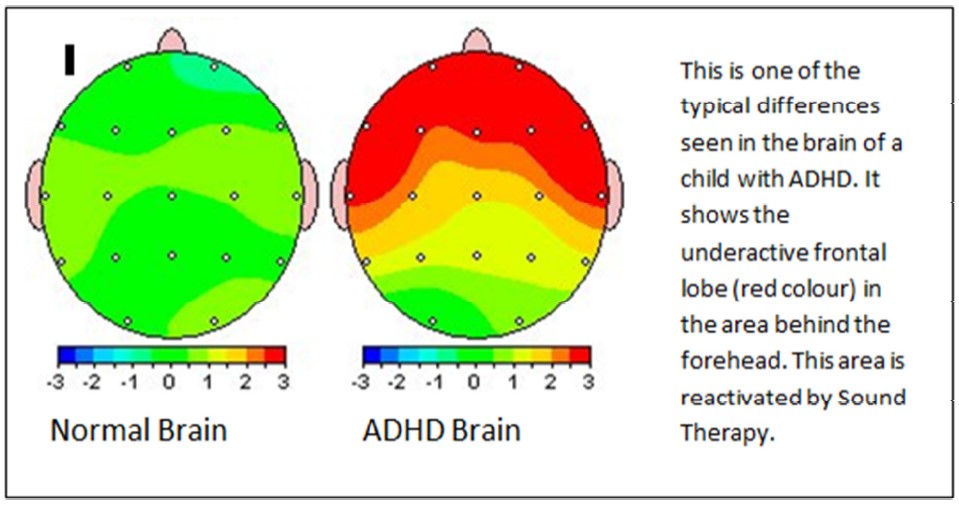

Related conditions |
|
Oppositional Defiance Disorder is a behaviour pattern where the child constantly says ‘no’,stubbornly refuses to co-operate with requests and intentionally breaks rules. You would have to meet and spend time with one of these children to understand that this is more than the ‘terrible two’s’, and is not due to poor parenting. |
|
Conduct Disorder (CD) is a pattern of constantly violating the rights of others. Children withOppositional Defiance Disorder often go on to develop ConductDisorder. |
ADHD is sometimes described as ‘limbic immaturity’, meaning the ability to control and have judgement over one’s emotions is underdeveloped. This means there may be a big improvement in mid to late adolescence. The limbic system does not fully mature until the early twenties and some males show significant behaviour change at that time.
Sound Therapy is usually highly effective in improving behaviour and concentration for children with ADHD. It works via the ear to enhance neural pathways associated with the control of motor activity, attention, and inhibition. It stimulates and speeds up certain centres in the neocortex required for judgement and inhibition.
It enhances auditory processing by training for right ear dominance. The effect may be an increase in facial expression early on in the listening program, plus an improved ability to use language and construct sentences. This may be accompanied by improved coordination, spatial awareness and sense of timing. As the child’s auditory perception is enhanced, parents and teachers usually also report better behaviour, a happier deposition and noticeable improvement in the child’s ability to communicate and learn.
“When Sarah was 6 yrs old, she was diagnosed with ADHD. At this time, I had no knowledge of any other children with ADHD and felt very alone in our journey. Sarah is 11 now and about two months ago she started on Sound Therapy. Sarah listens at bedtime and falls asleep listening to it. WOW!!!!!
We noticed within weeks that her hyper times had become less and she was a much more pleasant person to be around in the mornings and evenings (outside Ritalin hours). Once Sarah had listened for at least 100 hours, we took her off her Ritalin.
Before sound therapy, 5 days without Ritalin would make for an explosive, stressful and upsetting household for all. Sarah would become excessively emotional and at times uncontrollable. Well, it's been 10 days and Sarah is 90% better. She is eating more and I am enjoying her bubbly personality more frequently. I say to you, if you are looking for information, guidance and help with any of your family or yourself, I'm here to tell you first hand that this has worked for us."
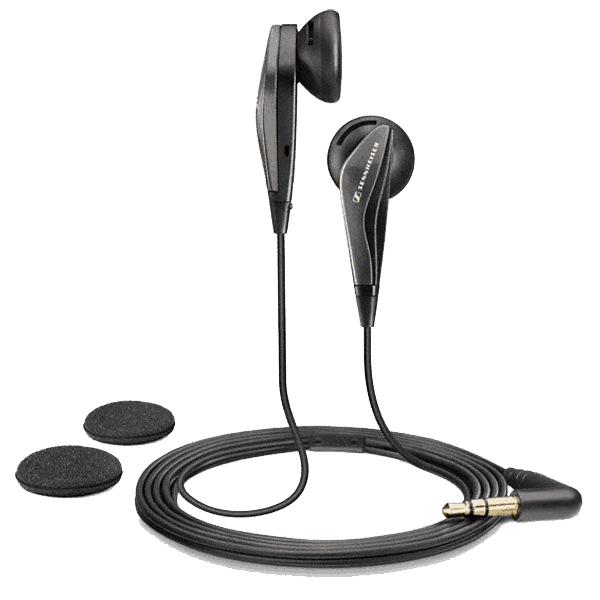  |
or |
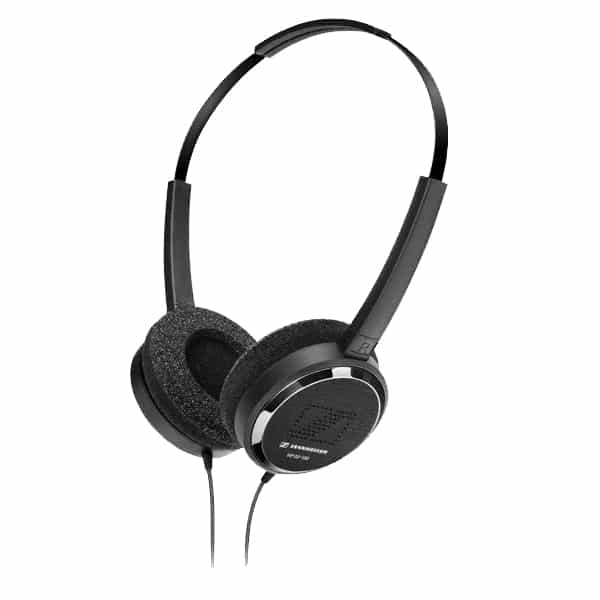  |
  |
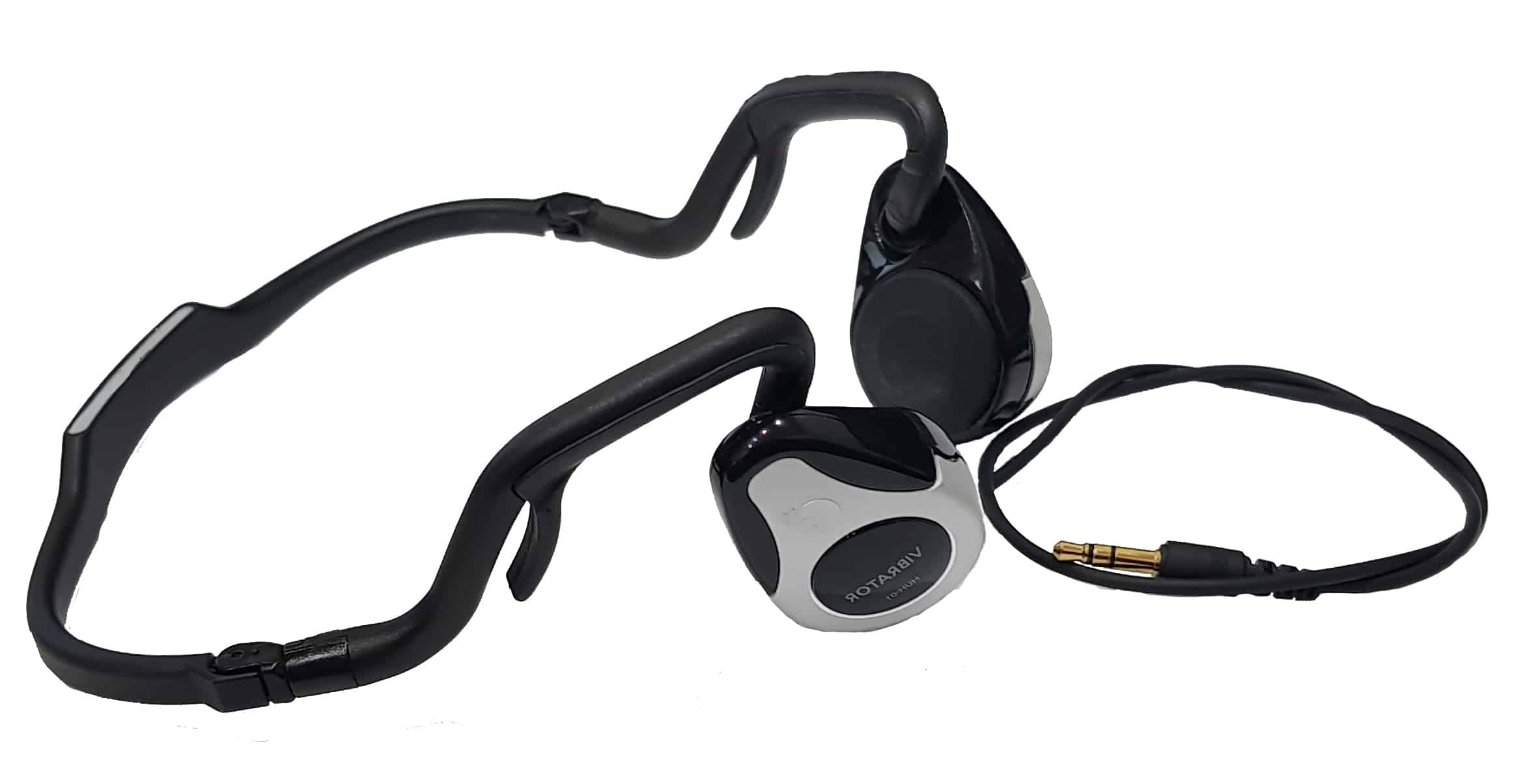  |
  |
  |
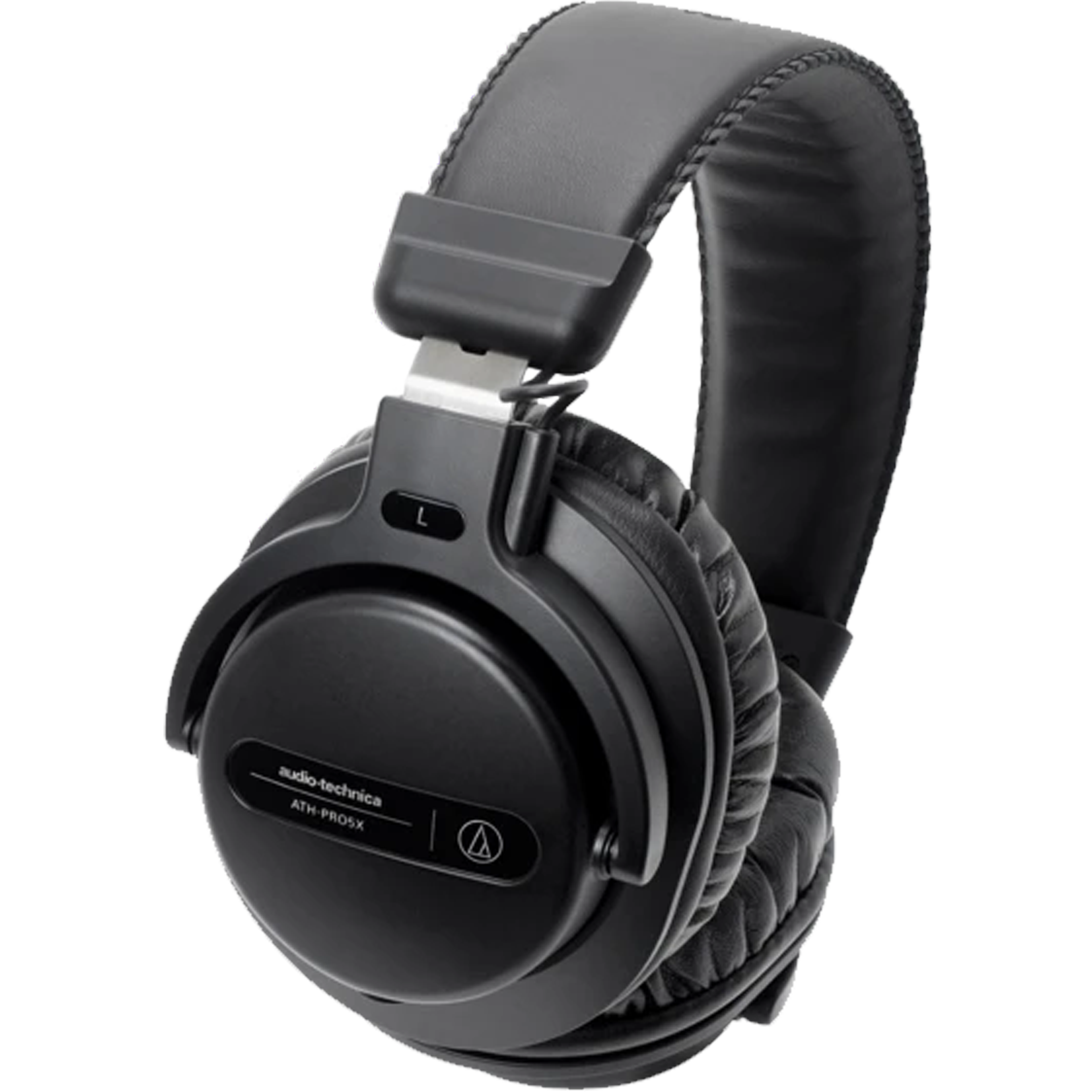  |
| An affordable option with everything you need to get started with Sound Therapy |
| Add the benefits of nutritional support and bone conducted sound to improve your results |
| Contains everything in the Triple Mode package plus our very best headphones and both Level One and Level Two programs. |
SAVE $284
SAVE $430
SAVE $667
Rafaele Joudry


Patricia Joudry
Patricia Joudry dedicated her life to helping others with their personal and spiritual development through her work. In 1984 she discovered Sound Therapy and wrote the original book on her discoveries: Sound Therapy for the Walkman.
Read More >
Sound Therapy


Environmental Health
Today we live in a world affected by many sorts of pollution. Our world is contaminated chemicals. Many diseases are on the rise, including cancer, chronic fatigue, chemical sensitivity and tinnitus.
Read More >
Healthy Homes
Toxins from the environment can enter and build up in our bodies, making us sick without knowing why. The products we use in our bathrooms and laundries are one of the biggest culprits.
Read More >
Living Sustainably
One of my many passions is sustainable living and living in harmony with our environment. I am part of a project in New Zealand to set up a permaculture village, designed for resilience.
Learn More >
call us now!

